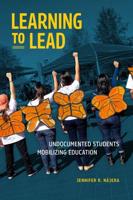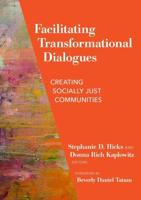Publisher's Synopsis
Discover how top-down, policy-into-practice educational mandates have adversely affected indigenous communities in the United States' midwestern core. The author scrutinizes how leaders and intermediaries in Nebraska, involved at various tiers of policy development and reform, conceptualized and implemented school accountability policy in Indian country. In particular, Phillips explores state-directed reform efforts in a school on the Santee Sioux Reservation consistently labeled as failing and persistently experiencing intervention from outsiders presented as experts. The book interrogates who gets to define educational quality, who counts as an expert on improving schools, and what improvement actually looks like. Additionally, the text highlights the way local educators and members of the community employed everyday tactics and incognito acts of improvement to reshape school turnaround efforts. Readers will see what is possible for education policy done with--rather than to--Native communities and schools, with lessons that have relevance beyond the midwestern states. Book Features: Offers an education system reform perspective that has impact in Indian country. Introduces the concept of culturally responsive and sustaining policymaking. Explores how policy reform efforts are implemented across tiers of the educational system, from the legislative floor to a local classroom. Shows how local actors assert agency to remake policy spaces and improve policy implementation.










